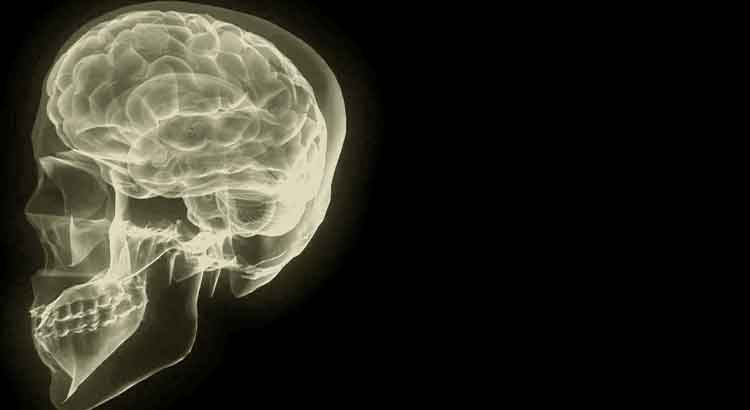The mind, if not controlled, withers away. To control it, the very difficult and continuous effort to discard the natural and irrepressible impulses. If the effort yields, the will establishes its dictatorship, in which reason is muzzled. The mind has its strength and freedom tied to a set of habits that it itself is responsible for dictating: if it refuses the task, it condemns itself to prostration.
Tag: psychology
Psychology Will Only Come Close to a Reasonable Definition…
Psychology will only come close to a reasonable definition of man when it turns entirely to the one who has never been to a consultation room. Let it look for a hermit, someone who despises the world, who worships silence, who sees himself as separate from the flesh, who is indifferent to pleasure and pain… Looking for such a man, it will see how useless are all the manuals, how inapplicable all the theories, and how miserably they fail to explain his behavior. Knowing that this man exists, psychology would probably feel compelled to invent for him the name of some disease—but perhaps, who knows, it might give birth to a truly transformative and universally applicable therapy.
Ancient Eastern Texts and Modern Psychology
It is astonishing to compare the ancient eastern texts with modern psychology, noting the gap of more than twenty centuries and the diffuse notion that the latter has revolutionized the understanding of man. Modern psychology—scientific, materialistic—limits itself to analyzing a reduced dimension of man, and if we summarize its achievements, we will say that it was responsible for creating and disseminating the idea of an inferior human model. In the Eastern texts, so ancient—and who knows when the tradition dates back to?—the human psychology is presented in a complexity that escapes to modern psychology: man is painted with a much larger dimension. All this for a very simple reason: the ancient Eastern texts were written by wise men who took their masters as a model; modern psychology is written by psychologists and psychiatrists who take their patients as a model. This is why we find in the former a vocabulary full of purification techniques, and in the latter, full of mental diseases.
A Psychology That Submits the Unconscious to External Stimuli
A psychology that submits the unconscious—and consequently the personality—to exclusively external stimuli may even be effective and applicable to the common man, but it will never be appropriate to the higher human model. Herein lies a clear limitation of psychoanalysis. It is true that experience, environment and the rest leave marks, but these may be minute compared to those of reasoning in the mind that has learned to disregard the exterior and has specialized in thinking. In this case, a dividing line is drawn between its early years and the moment when it discovered its own faculty. Having discovered it, it starts to exercise it in a meticulous behavioral analysis, which it judges to validate or invalidate what motivates its action. Then, it operates a remodeling—or improvement—of its own personality, in which internal stimuli begin to occupy the unconscious. The summary: the being frees himself from psychological chains—in case there are any—and builds himself up, becoming who he deliberately wants to be. To search in the past for justifications for the behavior of such a being, taking away his responsibility to act as he does or to be as he is, is to show oneself absolutely incapable of understanding him.



